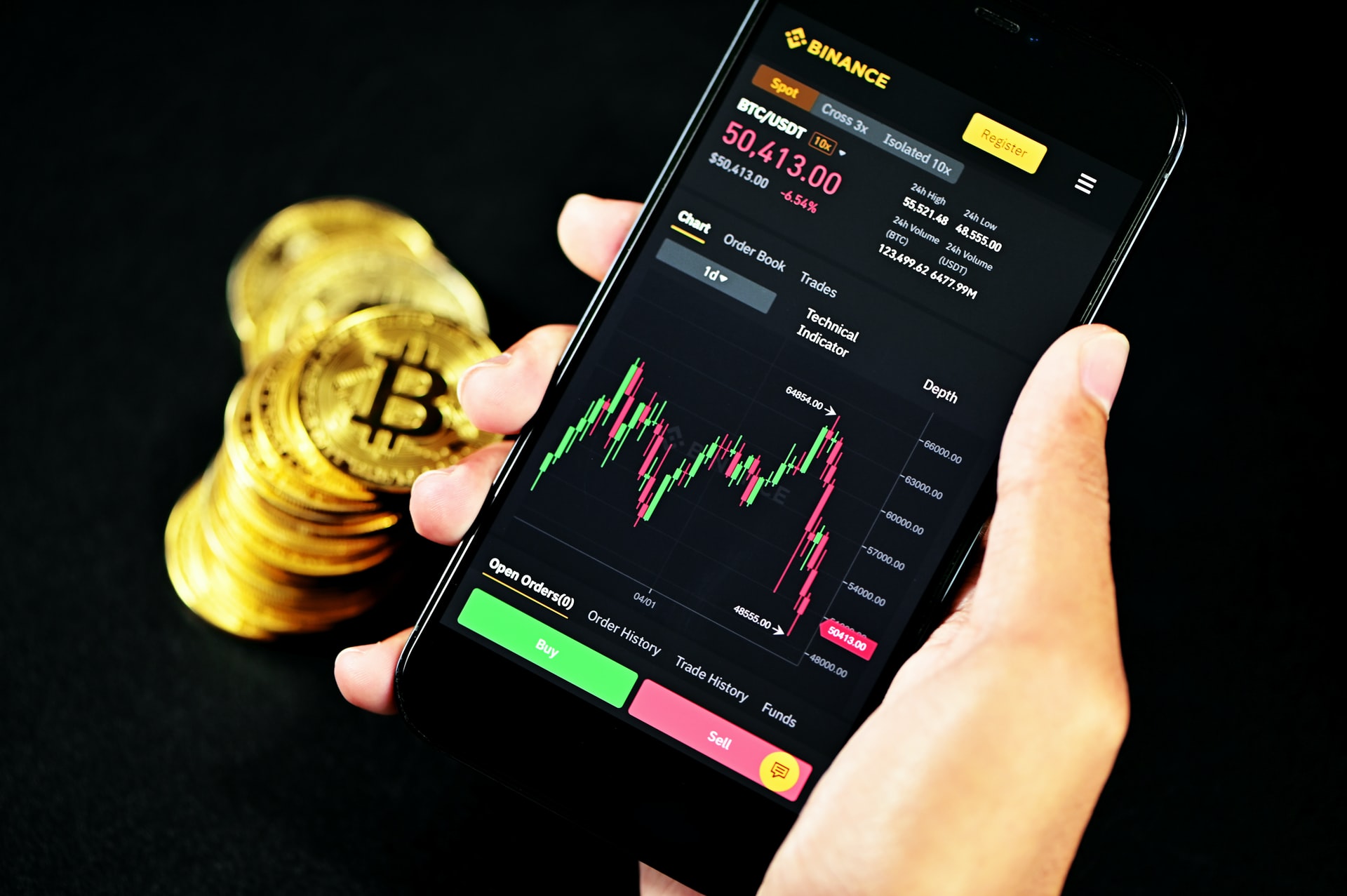Fewer people regard Cryptocurrencies as a gamble!
Cryptocurrencies are, generally, unregulated by the authorities and rely on digital technology and continuity.
Most commonly they are unregulated, transferable tokens, including Bitcoin, Ether and Ripple.
However, there are many different types and some can be very odd – like ‘tokens’ for rating films.
Some cryptocurrencies can be traded on platforms like Coinbase. Trading platforms can give crypto-‘assets’ a regulated ‘feel’ but do not be fooled.
The media report almost daily that mainstream banks are getting increasingly involved with the common tokens like BitCoin.
The most well known cryptocurrencies are cited as alternative ‘currencies’ but they lack a physical reference (like gold) to fix against. Therefore, their traded value can be VERY volatile.
Even in the image we’ve used it suggests that the coin is a physical thing and that’s great marketing!
The 2021 research by the Financial Conduct Authority was provided 17 Jun. The research followed heightened public and institutional interest and media coverage, alongside continued growth of the cryptocurrency market and high cryptocurrency prices.
Overview of the key findings
Cryptocurrencies appear to be becoming more normalised and more people seeing them as an alternative investments despite the volatility and lack of regulation.
Public awareness
The profile of cryptocurrencies has risen – 78% of adults said they have heard of cryptocurrency, up from 73% in a year, but overall understanding of cryptocurrency has declined.
Ownership
FCA’s estimate for people owning cryptocurrency has risen to 2.3 million – from 3.9% to 4.4% of adults.
The median holding has risen from £260 to £300.
Crypto users are largely male, over 35, and in higher economic and education groups.
Motivation
Consumers are now less likely to say that cryptocurrency is a gamble when considering their reasons for purchase with agreement ratings down 9 points to 38%.
They are more likely to see them as an alternative or complement to mainstream investments.
Consumers who have been persuaded by adverts to buy are much more likely to regret their purchase.
Purchase and engagement
Most consumers continue to use an exchange to purchase their cryptocurrency and use their own disposable income to pay for it.
More consumers are checking their balances every day (up from 13% to 29%).
Looking ahead
About half of crypto users plan to buy more; a similar proportion say they ‘know they’ll make money at some point’.
There are limited signs of enthusiasm or understanding for stablecoins as 46% of crypto users are unclear on their benefits.
Remember:
BE CAREFUL. Cryptocurrenices have no ‘real’ value to benchmark against. Consequently, they are extremely volatile in value and therefore, you should fully understand the risks before considering owning cryptocurrencies.
Thanks to the Financial Conduct Authroity’s for publishing this report. Their role includes looking after the fincial interests of consumers.
